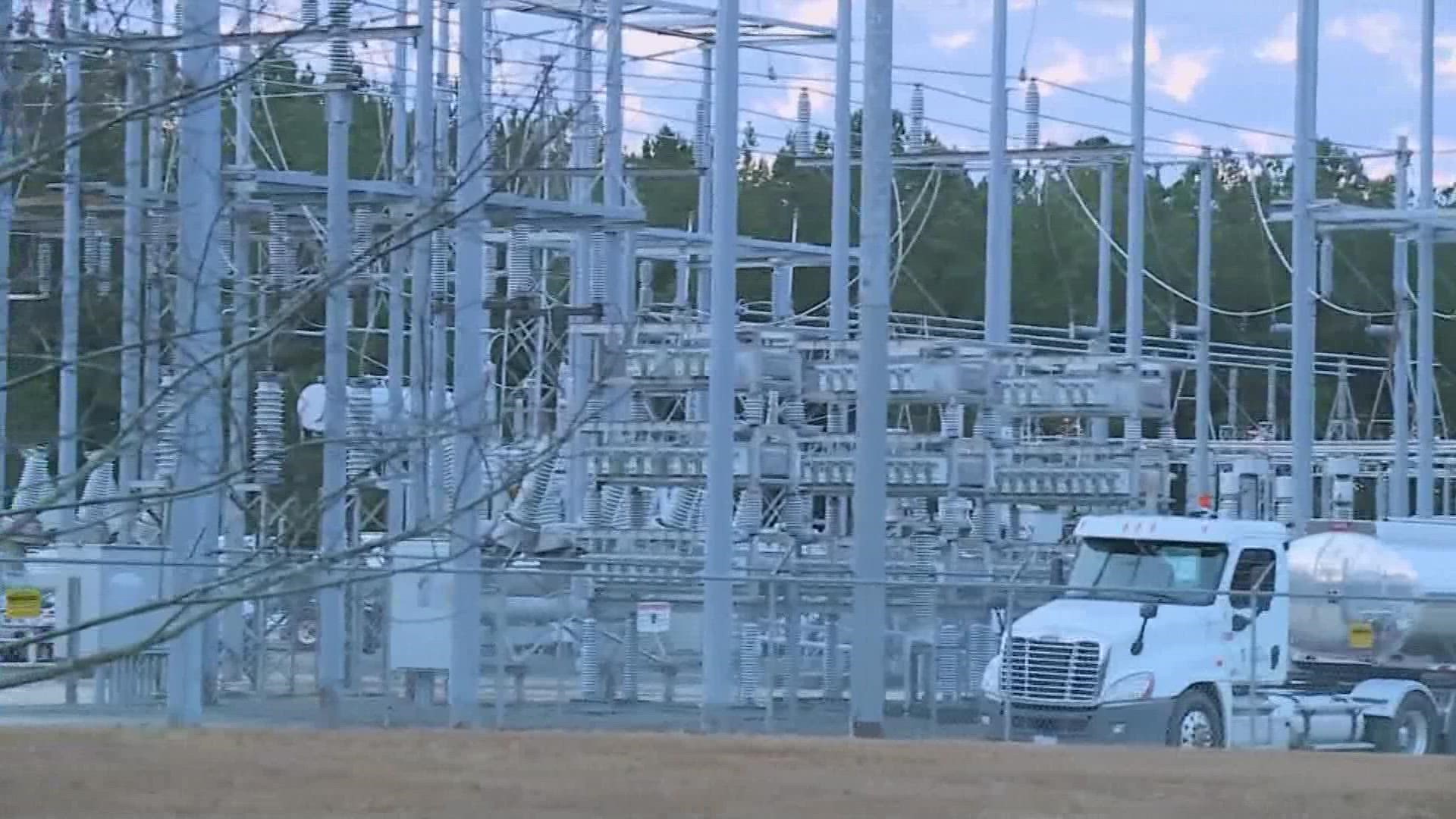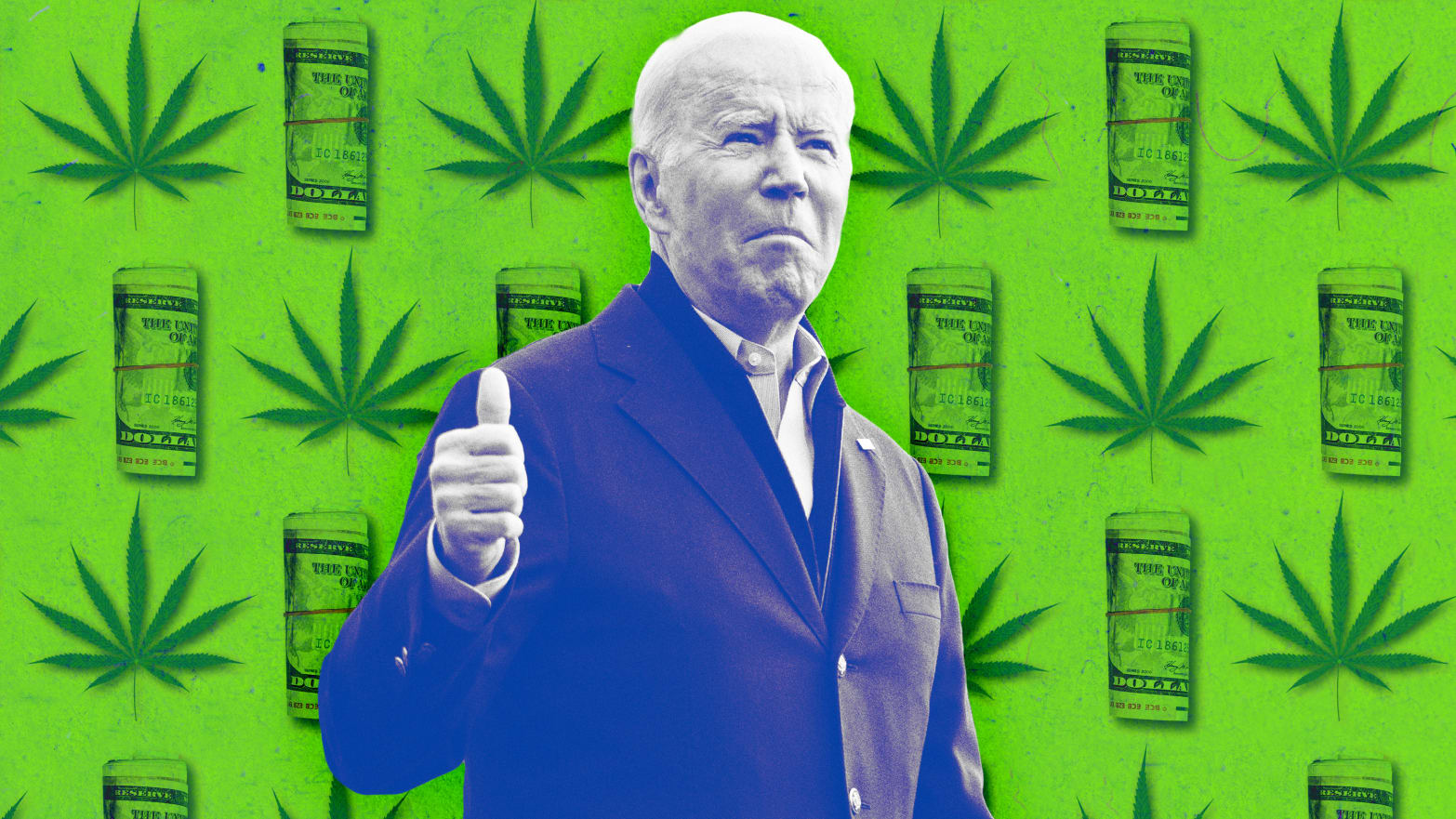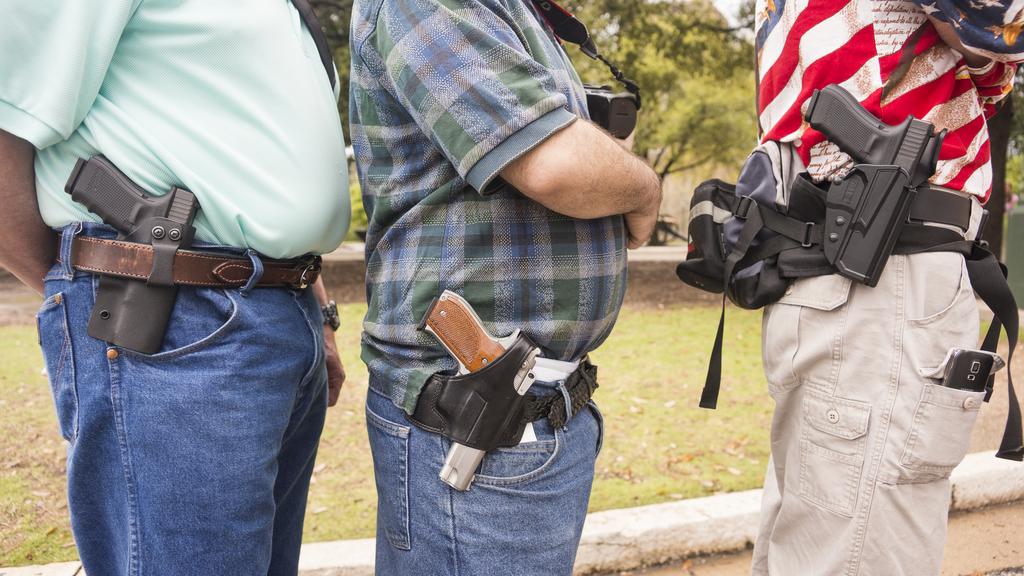
A U.S. district court has ruled by injunction that Seattle must temporarily cease enforcement of property crimes with regard to graffiti.
Judge Marsha Pechman of the U.S. District Court for the Western District of Washington issued a preliminary injunction. It says the city’s ordinance that punishes graffiti “targets speech” and “poses a real and substantial threat of censorship.”
Seattle’s municipal code says a person is guilty of “property destruction,” a gross misdemeanor punishable by up to 364 days in jail, if “he or she… [w]rites, paints, or draws any inscription, figure, or mark of any type on any public or private building or other structure or any real or personal property owned by any other person.”
“On its face, the Ordinance sweeps so broadly that it criminalizes innocuous drawings (from a child’s drawing of a mermaid to pro-police messages written by the Seattle Police Foundation) that can hardly be said to constitute ‘visual blight’ and which would naturally wash away in the next rain storm.” ~Justice Pechman, U.S. District Court for the Western District of Washington
The Seattle Police Department (SPD) released a statement to address the court’s ruling, stating that a lack of future enforcement is not a conscious decision by the government.
“Late yesterday afternoon, SPD received an order from a US District Court judge that enjoined, in full, enforcement of SMC 12A.080.020 – the City’s misdemeanor property destruction law. This means that until further order of the Court, SPD cannot take action on damage to property under this law. This is not a matter within SPD or City discretion; we are bound by the court order as it is written.” ~Seattle Police Department
Vandalism and graffiti have become a prominent issue in Seattle, and the city government is expected to request an expedited reconsideration of the ruling.
The department added, “We know, as evidenced by the thousands of calls for service we receive each year reporting acts of vandalism and other forms of property damage that property damage is, in fact, a crime that is of significance to community members.”
My opinion? This is a thorny subject. Many cities around the US deal with the problem of graffiti art everyday. Sometimes it may be a name, a threat, an image, a symbol, or a brilliant canvas of the graffiti artist’s imagination. Whatever the case, it usually involves painting something on someone else’s property. So, whose rights should win out? The artist’s right to free speech or the property owner’s right to the quiet use and enjoyment of their own property?
Generally, one cannot exercise a right, even one guaranteed by the constitution, if it interferes with another person’s right. While Americans do not have a right to be free from annoyance by the speech or expression of another, even through artistic means, they do have the right to the exclusive use and possession of property. Thus, most graffiti art will not be protected as free speech when it is done on someone else’s property, and the property owner does not consent.
The parameters of the federal court’s ruling may invalidate similar anti-graffiti ordinances in Washington and other States.
Please contact my office if you, a friend or family member are charged with Malicious Mischief or any other crime. Hiring an effective and competent defense attorney is the first and best step toward justice.







/https://static.texastribune.org/media/files/5d993d825159b30b9894cc9ec38a76bd/COVID%20Trials%20TT%2002.jpg)






